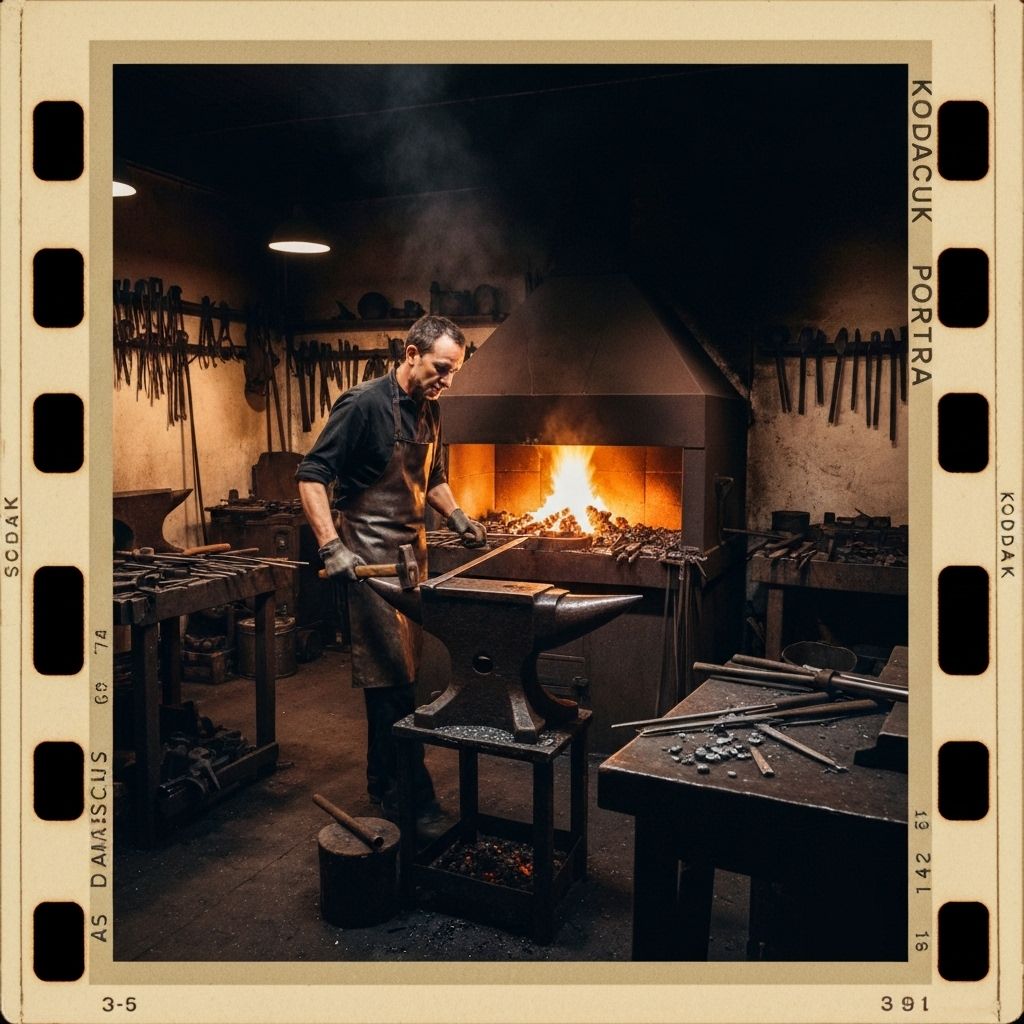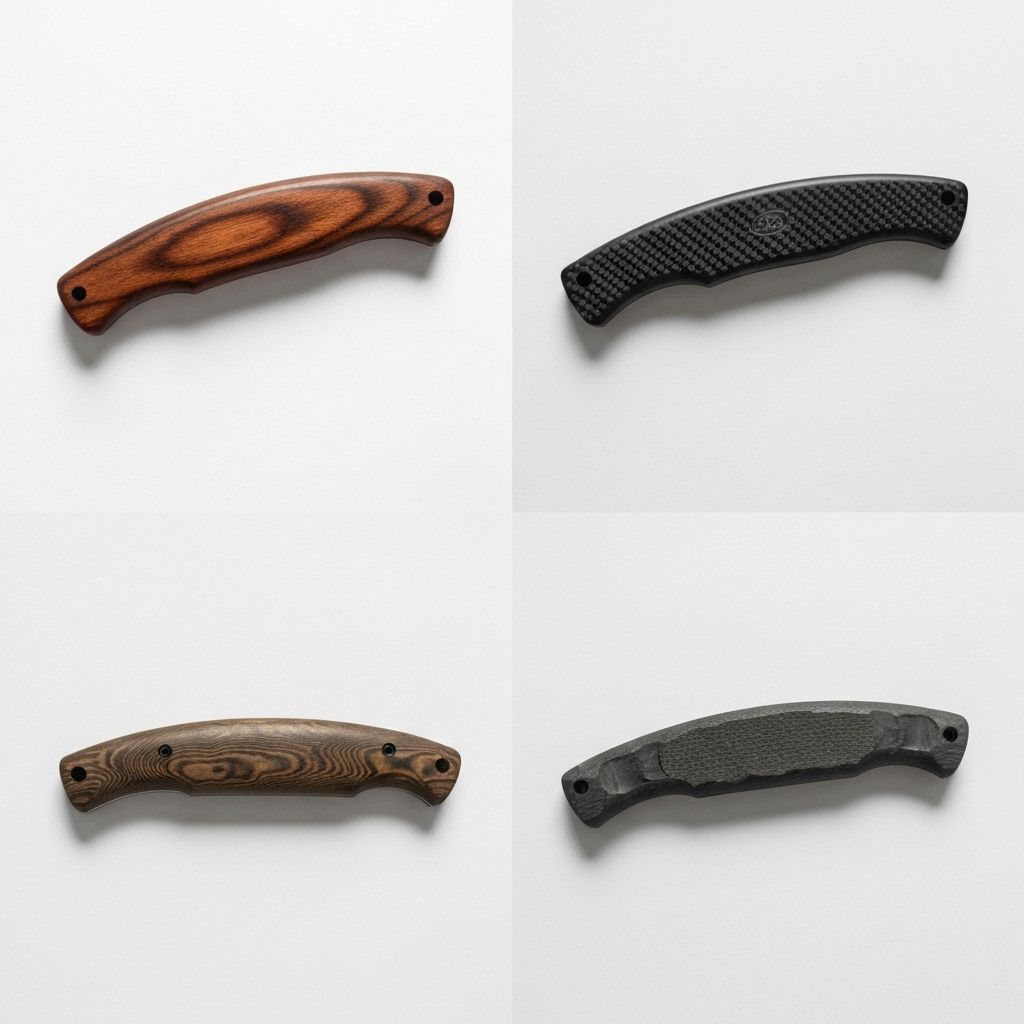Victorinox Forschner: Professional Quality at Accessible Prices
Discover why professional chefs worldwide trust Victorinox Forschner knives for their exceptional value and reliable performance.
- Answer the main question in one sentence.
- Give the best pick and why in one line.
- Link to the product or guide for next step.

Victorinox Forschner knives dominate professional kitchens not through marketing but through proven performance. These Swiss-made blades deliver quality that rivals knives costing three times as much, making them the intelligent choice for both professionals and serious home cooks.
The Fibrox handle represents brilliant engineering. The textured polypropylene provides secure grip even when hands are wet or greasy—a critical safety feature in busy kitchens. Unlike wood or composite materials, Fibrox handles never crack, warp, or harbor bacteria. They're dishwasher safe, though hand washing extends blade life.
Steel quality explains the knives' professional adoption. Victorinox uses high-carbon stainless steel that balances edge retention with ease of sharpening. The blades hold edges through a full service without requiring mid-shift honing, yet sharpen quickly when needed. This practical balance matters more than exotic super-steels that resist sharpening.
The lightweight design initially surprises users accustomed to heavy German knives. This reduced weight becomes an advantage during extended use. After an hour of prep work, the difference between a 6-ounce and 9-ounce knife becomes significant. Less weight means less fatigue and more precise control.
Blade geometry contributes to cutting performance. Victorinox grinds their blades thin behind the edge, reducing cutting resistance. This allows the knife to glide through ingredients rather than wedging them apart. The result is cleaner cuts with less effort—particularly noticeable when processing large volumes.
For those preferring traditional aesthetics, Victorinox offers rosewood-handled versions. These provide the same blade quality with classic appearance. The wood requires more maintenance than Fibrox but rewards users with beautiful patina development over years of use.
// RELATED_ARTICLES

The Art of Damascus Steel: Ancient Techniques Meet Modern Precision
Explore the centuries-old process of creating Damascus steel and how we've refined it for contemporary culinary applications.

Handle Materials: Engineering Ergonomics and Durability
Explore the material science behind knife handles and how different materials affect performance and longevity.